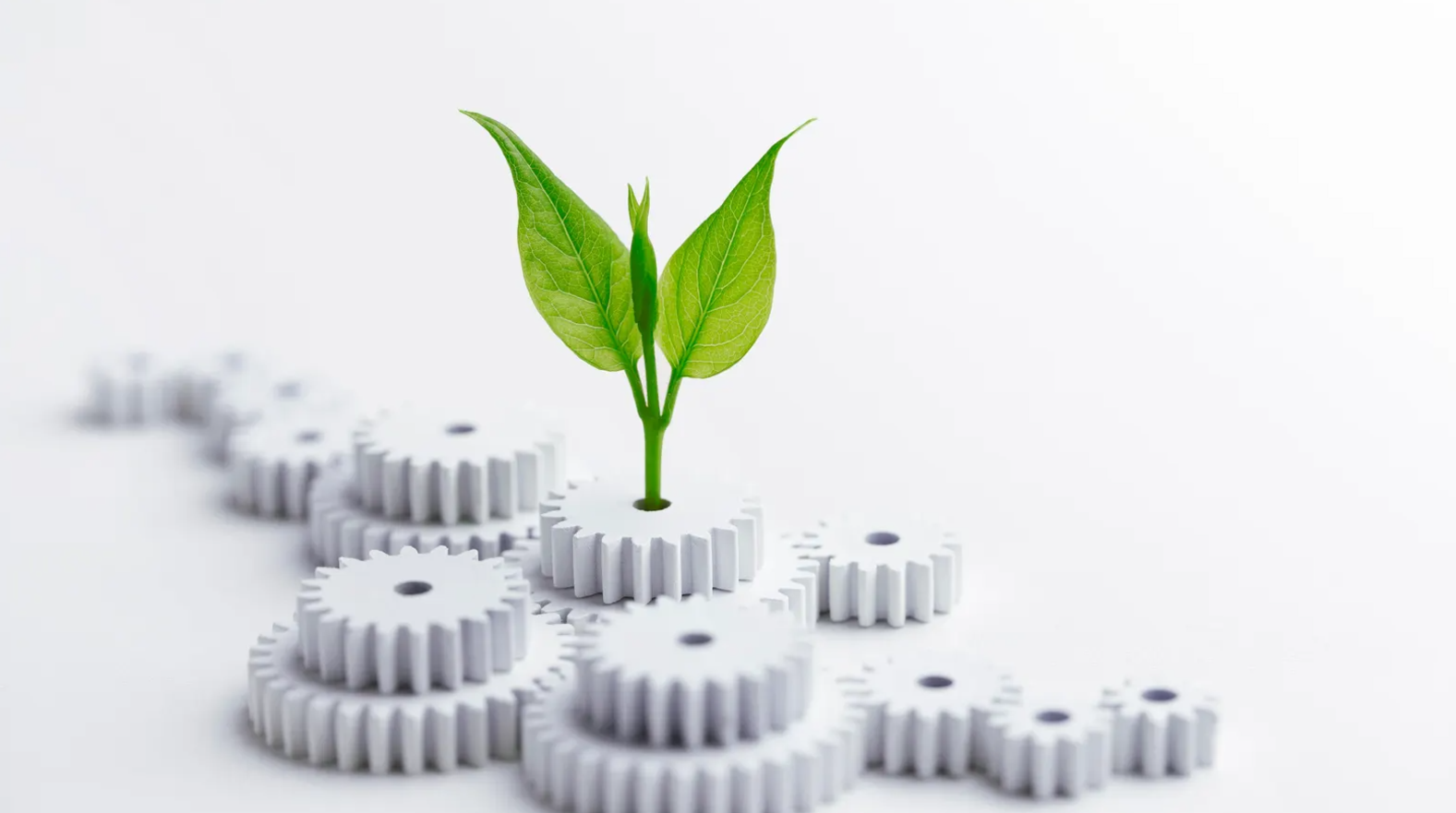Increasing demand of disruption in Sustainability
November 22, 2024

Sustainability is no longer a choice; it is a necessity to combat the escalating environmental crises threatening our planet. To achieve the global aspiration of going eco-friendly, industries across the board must embrace innovation and disrupt traditional methods. From energy and transportation to agriculture and manufacturing, innovation serves as the cornerstone for a greener future.
Innovation in technology has revolutionized resource efficiency. Breakthroughs like AI-driven energy management systems and IoT-enabled smart grids optimize power usage, reducing waste and emissions. Advanced recycling technologies now turn previously non-recyclable plastics into reusable materials, driving circular economies. These technological advancements illustrate how disruption can reduce the strain on natural resources while enabling sustainable industrial practices.
The global energy sector is undergoing a seismic shift toward renewables. Innovations in solar, wind, and hydroelectric power are making clean energy more accessible and cost-effective. For instance, advancements in energy storage technologies, like solid-state batteries, are addressing intermittency issues, ensuring consistent power supply. Hydrogen fuel cells and modular nuclear reactors further diversify the sustainable energy portfolio, reducing dependency on fossil fuels.
Industries are rethinking manufacturing with eco-friendly processes and materials. Innovations in 3D printing reduce waste by enabling precise material usage, while biodegradable alternatives to plastics and other pollutants are emerging in packaging and product design. Blockchain technology is also transforming supply chains, ensuring transparency and sustainability by tracking the environmental impact of every stage of production.
Agriculture, a major contributor to greenhouse gas emissions, is ripe for disruption. Vertical farming and hydroponics maximize output with minimal land and water use, while precision agriculture employs drones and AI to optimize planting and harvesting. Bioengineered crops resistant to climate stresses ensure food security without excessive chemical input, aligning agriculture with sustainability goals.
While innovation sparks change, collaboration amplifies it. Public-private partnerships, global research initiatives, and community-driven projects enable the sharing of knowledge and resources. International agreements, like the Paris Climate Accord, emphasize the role of collective innovation in tackling global challenges. Additionally, companies like Tesla, Patagonia, and Unilever are setting examples by integrating sustainability into their business models, inspiring cross-industry transformations.
The path to a sustainable future is paved with innovation. Disrupting traditional methods and adopting eco-friendly technologies across industries is critical for achieving global sustainability goals. While challenges remain, the opportunities for innovation to drive impactful, scalable, and sustainable solutions are immense. To truly embrace an eco-friendly future, we must prioritize creativity, collaboration, and a commitment to continuous disruption.